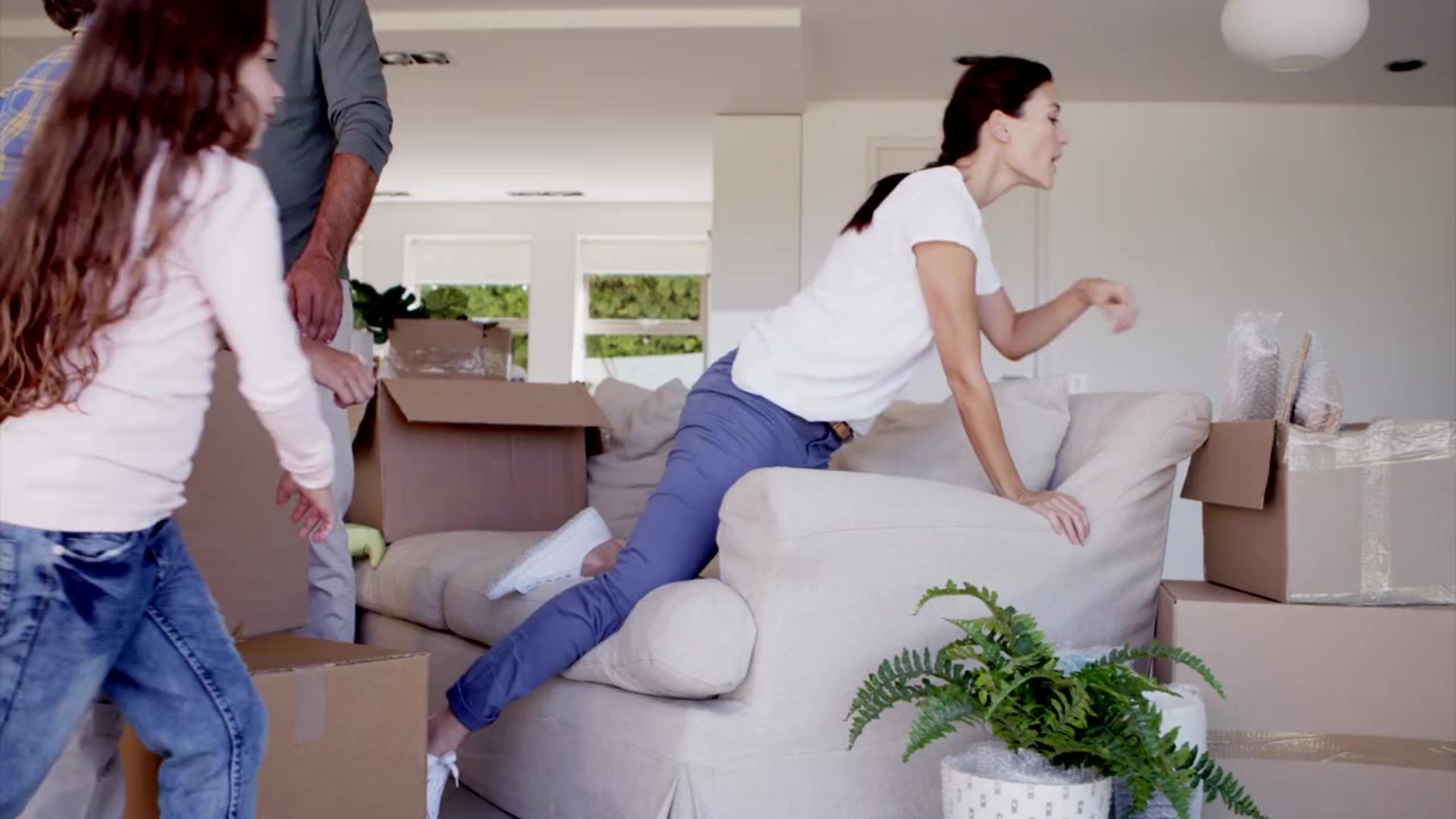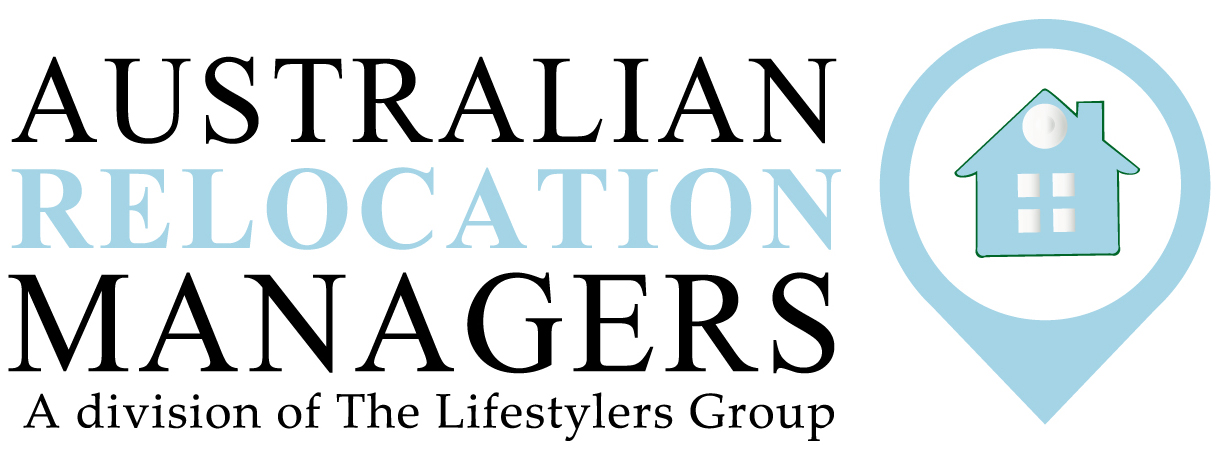
Brisbane vs Gold Coast and the Sunshine Coast
Brisbane, the Sunshine Coast and the Gold Coast all offer very different lifestyles, even though they’re only an hour or so apart.
Brisbane, with a population of around 2.5 million, is Queensland’s capital and offers a vibrant, career-focused lifestyle which is perfect for professionals and families. It has the most urban feel, with a busy CBD, major hospitals, universities and plenty of restaurants and cultural events. It suits professionals and families who want city conveniences while still being close to both coasts.
Located about 1–1.5 hours north of Brisbane, the Sunshine Coast has grown into a thriving region with its own major hospitals, universities and business hubs. While it’s famous for stunning beaches, national parks and charming hinterland towns, it’s also home to a large and growing population of families and professionals. Many newer suburbs between Caloundra and Noosa are filled with young families, making it far more than just a retirement destination. The lifestyle is relaxed, outdoorsy and community-focused, appealing to those who want balance between career and lifestyle.
In contrast, the Gold Coast, an hour south of Brisbane, is home to around 650,000 people and is very much a standalone region in its own right. It has major hospitals, universities and strong employment hubs, not just beaches and holiday attractions.
While it’s well-known for its long stretches of sand, theme parks, nightlife and shopping, the lifestyle is lively and fast-paced. It appeals to young professionals, families who enjoy an active lifestyle, and anyone who thrives in an entertainment-driven, energetic environment.
The Distance Between Brisbane, Gold Coast and the Sunshine Coast
Brisbane sits roughly in the middle, about 80 km north of the Gold Coast and 100 km south of the Sunshine Coast.
It typically takes about 1 to 1.5 hours by car to travel from the Sunshine Coast or the Gold Coast to Brisbane, depending on traffic conditions, especially during peak hours.
Geographic Layout of Brisbane City
Brisbane is broadly divided into Northside and Southside, with the Brisbane River acting as the main dividing line. This division is a significant part of Brisbane’s social, economic and cultural identity.
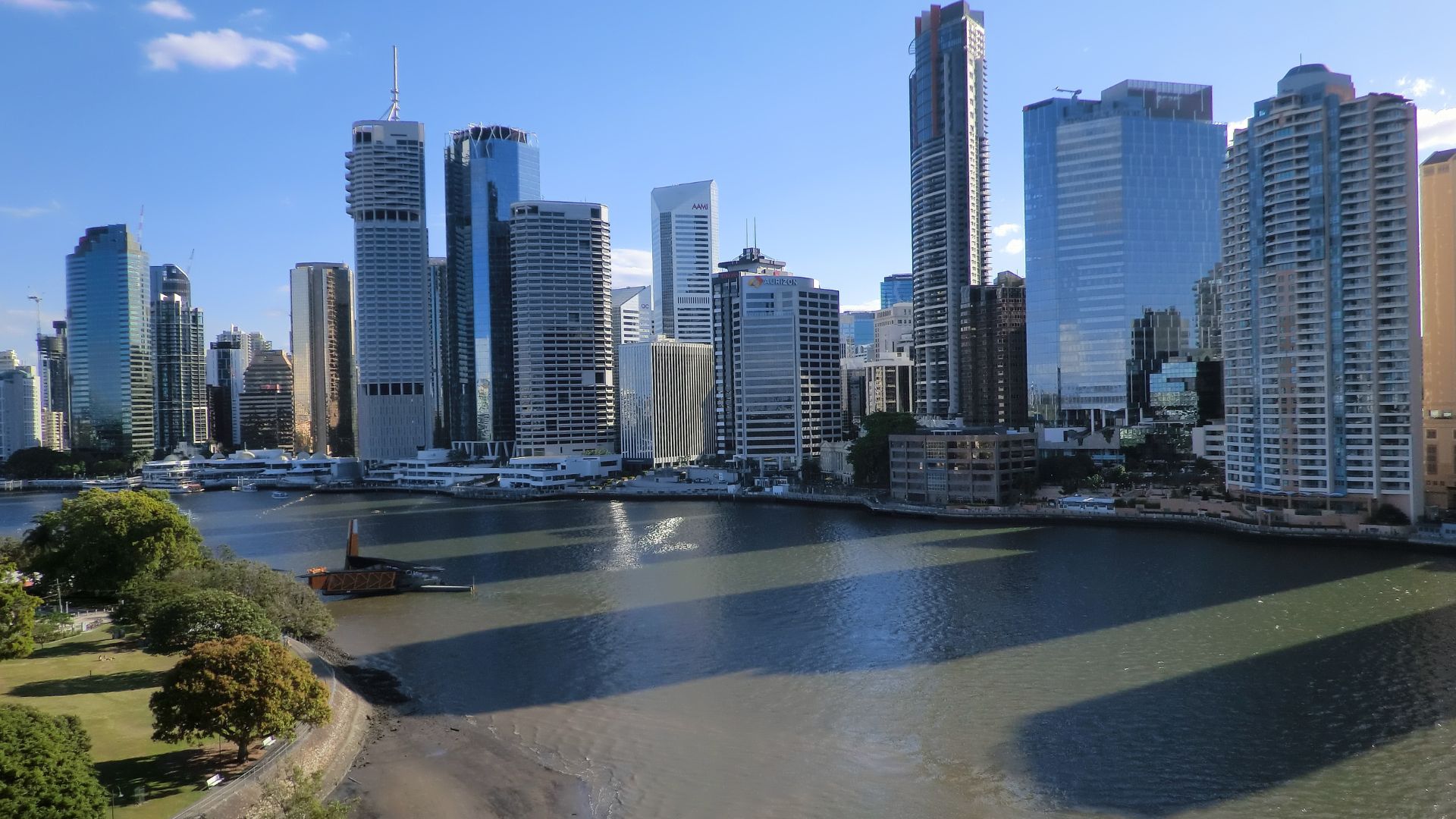
Brisbane is ranked in the 2025 World’s Most Liveable Cities.
Brisbane is ranked 16th in the 2025 World’s Most Liveable Cities, based on education, healthcare, culture, infrastructure and stability. This was based on the Economist Intelligence Unit (EIU) 2025 Global Liveability Index
Each year the EIU surveys citizens in 173 cities around the world about how liveable their city is based on 30 qualitative and quantitative factors in five general categories: education, healthcare, culture and environment, infrastructure and stability.
Brisbane’s Housing and Rental Market
Brisbane’s growing population has caused demand for housing to increase, while supply has struggled to keep pace. This has contributed to the rental crisis.
Brisbane is listed as being more expensive than Melbourne in terms of purchasing a home.
The median rent for a 3-bedroom house in Brisbane is around $750 per week. However, this can vary significantly based on the specific suburb and the overall market conditions.
For instance, suburbs like West End and Paddington, the median rent is $850-$950 per week, according to Realestate.com.au. Whereas New Farm has a median rent of $1,080 per week.
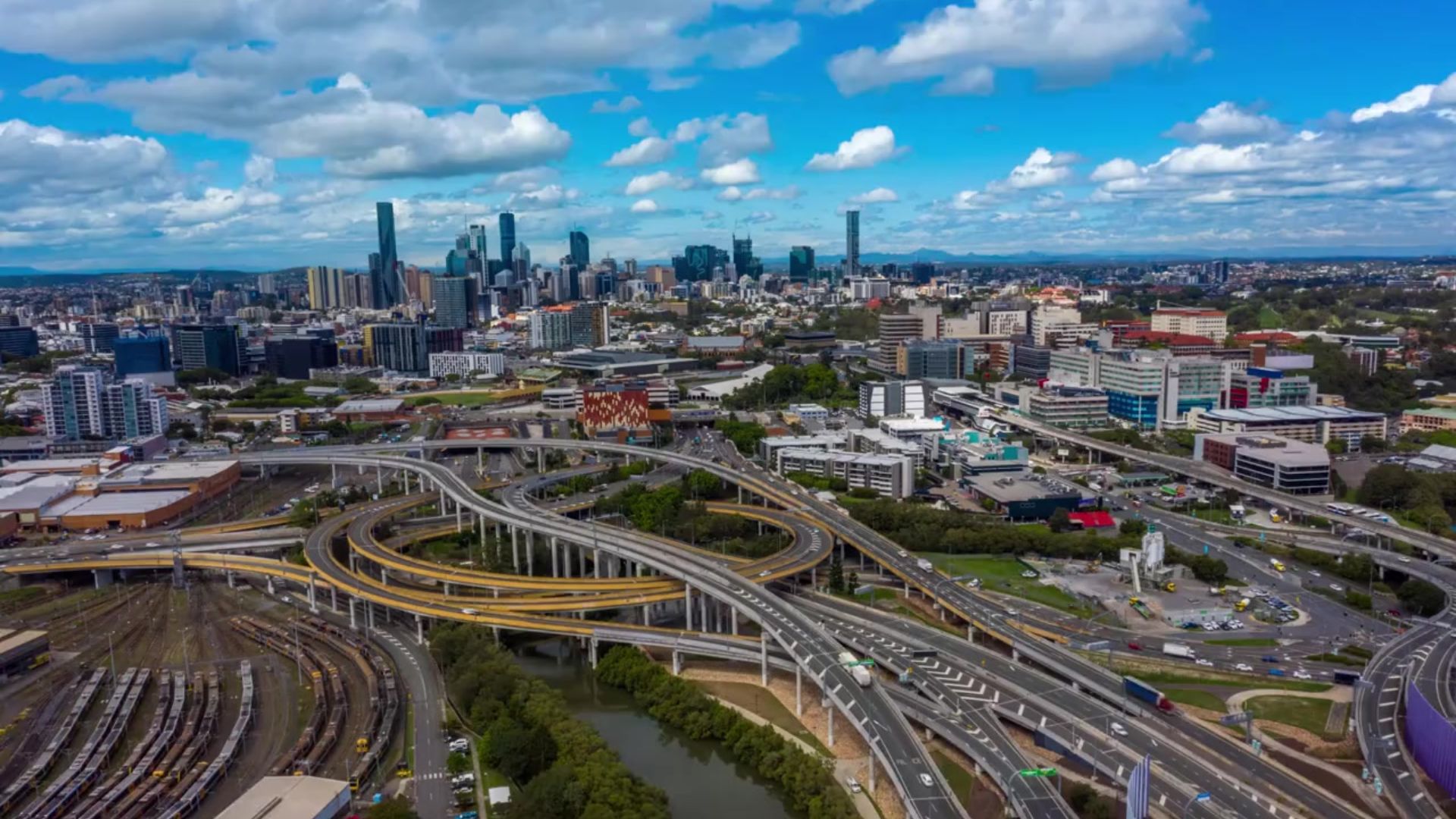
Buying a Property In Brisbane
When you buy a property in Queensland, you’ll also need to pay transfer duty (often known as stamp duty). The amount depends on the property price and whether you’re purchasing as an owner-occupier, investor or first-home buyer.
For example, on a $950,000 home (with no concessions), the transfer duty is around $35,775. With such a significant additional cost, it’s important to be confident that you’re buying the right property in the right area.
That’s why many people choose to rent for the first 12 months. It gives them time to experience the neighbourhood, understand the lifestyle and get a feel for the community. This helps ensure that when they do buy, they avoid the costly mistake of choosing the wrong area and having to sell and by elsewhere.
How a Buyer’s Agent Makes Buying in Brisbane Easier
A buyer’s advocate is a property expert who helps people find and purchase the right home or investment, especially when they’re unfamiliar with an area. They research suburbs, shortlist suitable properties, and handle negotiations to ensure buyers don’t overpay or choose the wrong location. By guiding clients through the process, they save time, reduce stress, and help buyers make confident, well-informed decisions.
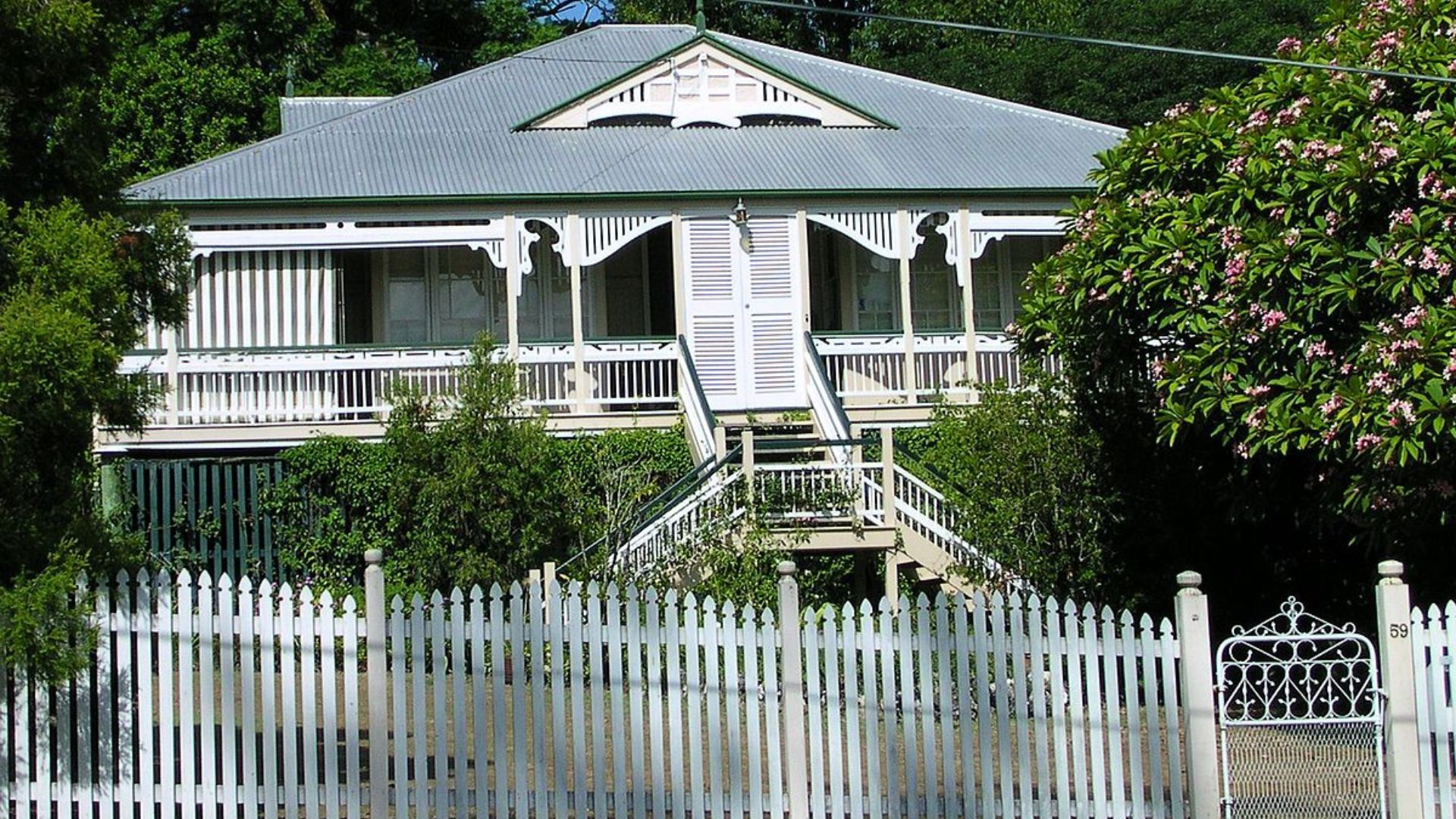
Flood Areas in Brisbane
As a river city, Brisbane has a subtropical climate and varied terrain. In some suburbs, certain areas may be more prone to overland flooding, but it’s often highly localised. For example one street might be affected while the next remains completely untouched.
What to Keep in Mind When Moving to Brisbane
- Use local Council reference guides first. Before buying, run a FloodWise Property Report and explore the Flood Awareness Map. Brisbane City Council Hunter Gallowayfam.brisbane.qld.gov.au
- Understand Flood Likelihood – Familiarise yourself with “likelihood” terms like “1% AEP” (1-in-100-year flood chance), as well as the types of flooding (river, creek, overland, storm tide). Brisbane City CouncilHunter Galloway
- Get Insurance Quotes Early – Flood insurance is essential, but premiums can be very high. Consider calling multiple providers or seeking advice if you get quoted extreme or seemingly unfair rates. zestmortgagesolutions.com.au
- Check Loan Feasibility if you’re buying. Often Lenders may offer lower loan-to-value ratios for flood-prone properties, affecting your financing options.
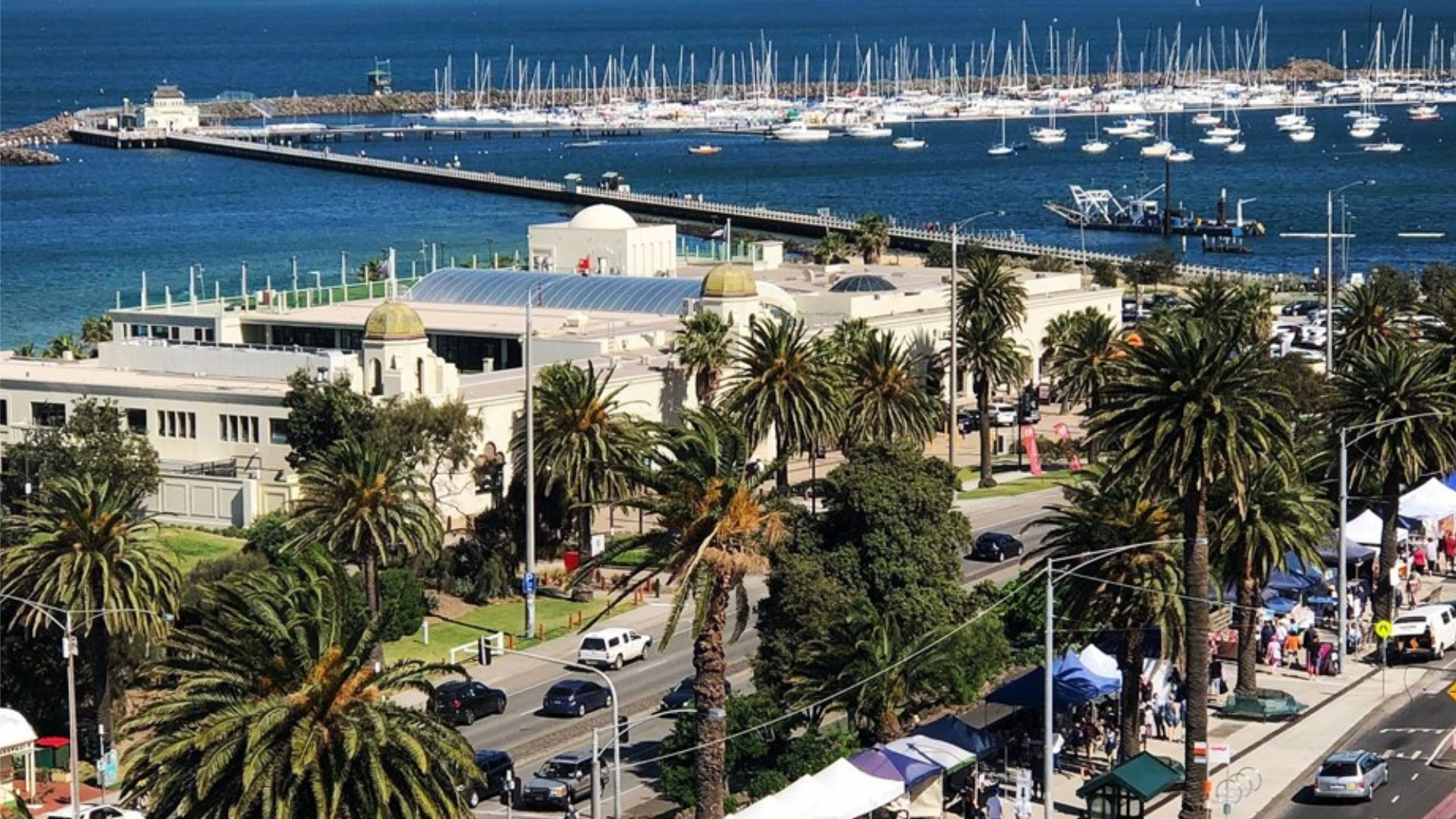
Why Move to Brisbane rather than Melbourne or Sydney
More and more people are choosing to relocate to Brisbane over Melbourne or Sydney. And it’s easy to see why. Brisbane has a booming economy, which is creating strong job opportunities and long-term growth. Plus, with a warmer climate, lower cost of living, excellent schools, top medical facilities and a strong sense of community, Brisbane offers an unbeatable lifestyle without the hustle of bigger cities.
Brisbane’s economy has surged past $200 billion for the first time, with new figures confirming the city’s position as one of the fastest-growing urban economies in Australia and the Asia Pacific.
During and after COVID, we saw a major shift. Families, professionals and retirees all looking for a fresh start in a city that offers space, sunshine and balance. And that momentum hasn’t slowed. Brisbane is also the most popular city for Kiwis to relocate too.
According to provisional estimates from Stats NZ approximately 30,000 more people moved from New Zealand to Australia than the other way around in the year to December 2024.
Who’s Moving to Brisbane and Why
More than 100,000 people relocate to Queensland each year, and a large number of them choose Brisbane.
Whether it’s for better job opportunities, a more affordable lifestyle, or the chance to raise a family in a safe, sunny and warm climate environment, Brisbane continues to attract people from across Australia and around the world.
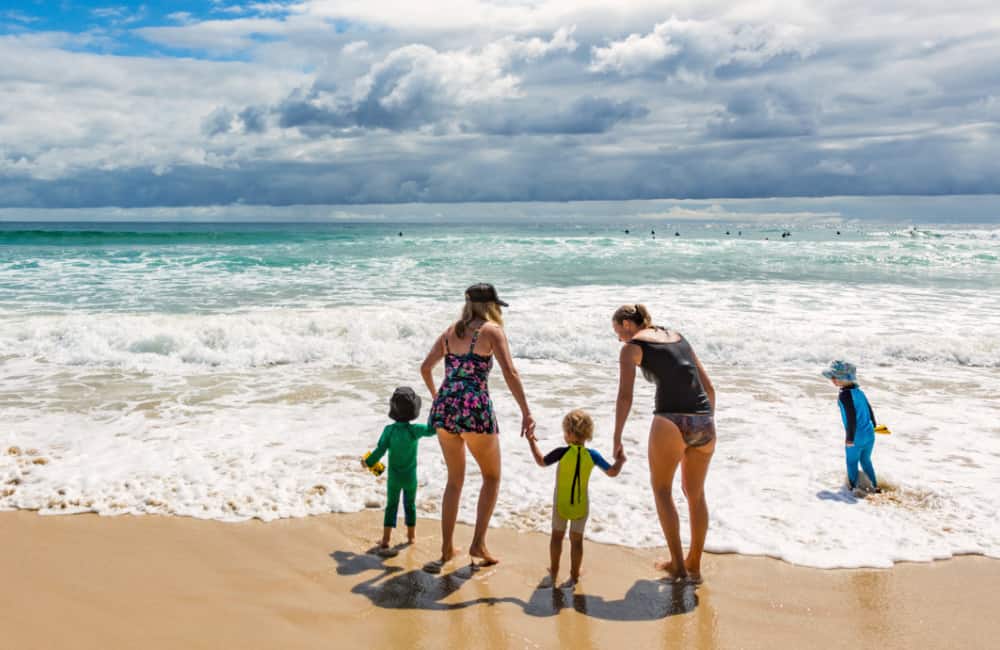
Different Types of Rental Properties in Brisbane
An iconic Brisbane home, often referred to as a “Queenslander,” typically features a wide veranda, a characteristic that provides shade and protection from the elements. These homes are usually elevated on stumps or stilts, have timber construction with corrugated iron roofs and are set on their own block of land.
They often include large gardens and may have had their lower area converted into living space.
Brisbane’s Popular Suburbs for Different Lifestyles
Choosing the right suburb to relocate to in Brisbane is so important. Thankfully though, Brisbane offers a wide range of neighbourhoods to suit every lifestyle.
For families relocating to Brisbane, suburbs like Ashgrove, Wilston and Graceville are especially popular. These areas are known for their leafy streets, friendly communities and proximity to some of Brisbane’s best public and private schools. They also offer parks, sporting clubs and local cafes that make family life easy and enjoyable.
Executives who relocate to Brisbane often gravitate towards New Farm and Teneriffe. These inner-city suburbs are close to the CBD, offer river views and boast a mix of luxury apartments and beautifully restored heritage homes. They’re perfect for professionals who want city convenience with a touch of prestige.
For singles and young professionals, Brisbane suburbs like West End, Paddington and Kelvin Grove are top picks. These areas offer a vibrant lifestyle with great cafes, live music, markets and easy access to public transport. They’re also more affordable, making them attractive for individuals starting out or wanting to be close to the action.
At Australian Relocation Managers, we’ll help you find the right suburb. One that truly fits your lifestyle, needs and goals. Whether you’re relocating to Brisbane as a family looking for excellent schools and safe, leafy streets, or you’re a professional seeking inner-city convenience, we take the time to understand what matters most to you. We don’t just look at location. We consider your commute, access to transport, nearby amenities, community vibe and long-term plans.
Our team has extensive local knowledge of Brisbane’s diverse suburbs and will guide you through the decision-making process with expert advice and personalised support.
When you relocate to Brisbane, Australian Relocation Managers is here to make sure you feel confident in your choice and comfortable in your new home from day one.
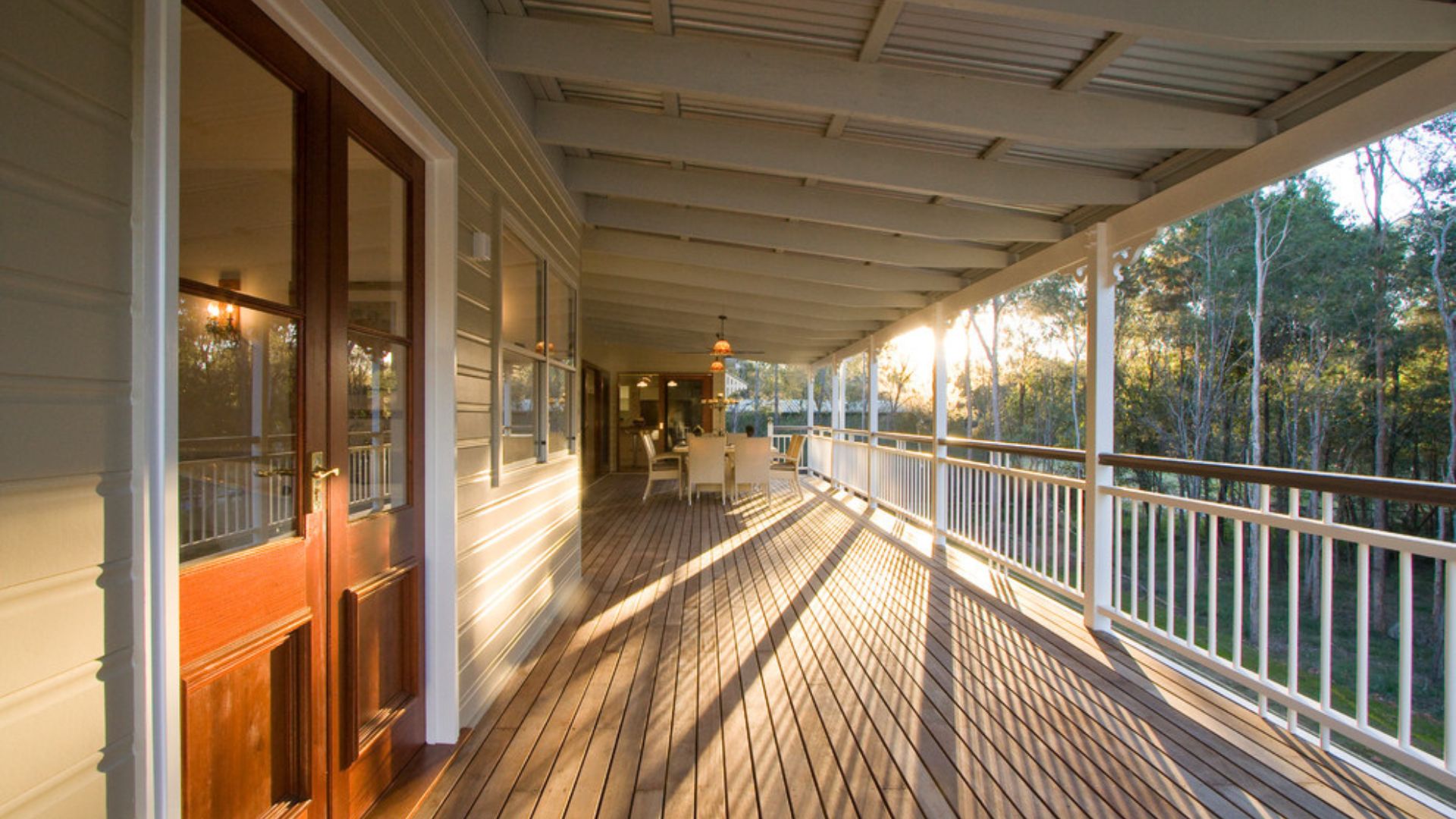
Brisbane’s Weather
Many people relocate to Brisbane just for the weather. Brisbane experiences a humid subtropical climate characterized by warm to hot summers and mild winters with relatively low rainfall.
Summers are hot and humid, with frequent thunderstorms and occasional flooding. Winters are dry and mild, with clear skies and comfortable temperatures.
Summer (December-February): Brisbane summers are hot and humid, with average temperatures ranging from 21-35°C (69.8-95°F). The city experiences its highest rainfall during this period, often accompanied by thunderstorms and potential flooding.
Autumn (March-May): Autumn brings a transition to more comfortable temperatures, with averages dropping to 15-25°C (59-77°F). Humidity decreases and rainfall becomes less frequent.
Winter (June-August): Brisbane winters are generally dry and mild, with average temperatures between 11-21°C (51.8-69.8°F). While early mornings and nights can be cool, the temperature rarely drops below 9°C (48.2°F).
Spring (September-November): Spring is similar to autumn, with average temperatures ranging from 15-25°C (59-77°F). The season is characterized by warm, sunny days and cool sea breezes.
Overall, Brisbane enjoys a pleasant climate with plenty of sunshine throughout the year, making it a popular destination for both tourists and locals.
For more information on Brisbane’s weather, click here.
Homes With Pools
Looking for a pool? You’re not alone. Around 18% of Brisbane homes have a private swimming pool, perfect for enjoying the sunshine. It’s also a popular request from clients that we relocate to Brisbane.
Sometimes pool maintenance may be included in the cost of your rent. However, often when pool maintenance is included in the rent the tenants is still required to pay for the cost of the pool chemicals.
If it’s not, then you will need to keep on top of your pool maintenance regularly. This will involve a mix of regular cleaning, water balancing and equipment maintenance to keep the water safe, clear and healthy.
Day-to-day care includes skimming the surface for leaves and debris, checking the water level and emptying baskets. Weekly tasks usually involve testing the water, adjusting chemicals to balance chlorine and pH levels, brushing the walls and vacuuming the floor to prevent algae and dirt build-up.
Every few weeks, the pool filter should also be cleaned or backwashed and the water may need a “shock” treatment, especially after heavy use or storms. Pumps should run daily (usually 6–8 hours in summer) to circulate the water and keep it clean.
If pool cleaning is not included in your rent, then engaging a professional servicing is often the best solution. You can book weekly, fortnightly or monthly service options.

Mould in Brisbane Homes
Given Brisbane’s humid subtropical climate, mould is a very common issue in both older and newer homes. The combination of high rainfall, summer storms and warm temperatures creates the perfect breeding ground for mould spores.
To help manage mould, it’s important to focus on controlling moisture and improving ventilation:
- During rainy or humid days, keep windows and doors closed to stop excess moisture from entering your home.
- On drier days, open windows a little to allow fresh air to circulate and reduce dampness.
- Use exhaust fans in kitchens, bathrooms and laundries to remove excess steam and moisture at the source.
- Dehumidifiers are one of the most effective ways to keep humidity levels in check indoors. A good-quality unit can dramatically reduce mould growth, especially in bedrooms and living areas.
- Regular cleaning with mould-specific products or natural solutions (like vinegar) can help stop small patches from spreading.
Air Conditioners and Mould
Air conditioners in Brisbane homes can also harbour mould if not cleaned regularly, as condensation and humidity inside the unit create an ideal environment for growth. A mouldy air conditioner not only spreads spores through the air but also reduces cooling efficiency. Tips for managing air-condition units include:
- Filters: Clean or wash every 1–2 months during heavy use (summer).
- Professional servicing: Have your air conditioner professionally cleaned and serviced at least once a year (ideally before summer). This includes deep cleaning the coils, drainage, and internal components where mould can grow.

Brisbane Schools
Choosing the right secondary school is a key decision for families relocating to Brisbane. The city offers a strong mix of public and private schools known for excellent academic results, extracurricular opportunities and supportive learning environments.
Its worth keeping in mind that many of the private schools have long waitlists. And public schools have a catchment zone with children needing to live in the catchement area, in order to be enrolled at the school.
Below is a list of some of Brisbane’s highest-performing secondary schools (both public and private schools), based on recent academic rankings and reputations:
Public Schools:
Queensland Academy for Science, Mathematics & Technology — A selective, elite public school focusing on advanced STEM education.
Brisbane State High School — One of Queensland’s top co-educational state schools with strong academic and sporting programs.
Private Schools:
Brisbane Grammar School — A prestigious all-boys school with a long history of academic excellence.
Brisbane Girls Grammar School — One of the highest-performing all-girls schools in Queensland.
St Aidan’s Anglican Girls’ School — Well-regarded for academic rigor and holistic education.
Somerville House — An elite girls’ school noted for outstanding academic and cultural achievements.
St Peter’s Lutheran College — A respected co-educational independent school known for strong results.
Brisbane Boys’ College (BBC) is a non-selective independent school for boys from Prep to Year 12, with boarding available from Year 7.
St Joseph’s College, Gregory Terraceis a distinguished Catholic day school for boys, located in Spring Hill, Brisbane.
Ormiston College is a leading independent, co-educational, non-denominational Christian school located in Ormiston
Brisbane’s Main Attractions and Events
Brisbane is a city that blends lifestyle, culture and community.
From world-class exhibitions at the Gallery of Modern Art (GOMA) to immersive shows at the Queensland Performing Arts Centre (QPAC), Brisbane is home to a thriving arts and entertainment scene.
Families and visitors alike flock to South Bank, where riverside parklands, museums and restaurants offer something for everyone. Plus, its right in the heart of Brisbane.
As a sporting hub, Brisbane hosts major rugby league, rugby union and AFL matches at iconic venues like Suncorp Stadium and The Gabba. Whether you’re cheering on the Brisbane Broncos or catching an international cricket match, there’s always something happening.
With its calendar full of festivals, live performances and sporting events, Brisbane delivers a vibrant, community-focused lifestyle. Whether you’re relocating here or just visiting, Brisbane’s blend of culture, entertainment and outdoor charm makes it one of Australia’s most exciting cities to explore and call home.
To find out about things happening in Brisbane visit: Things to do.
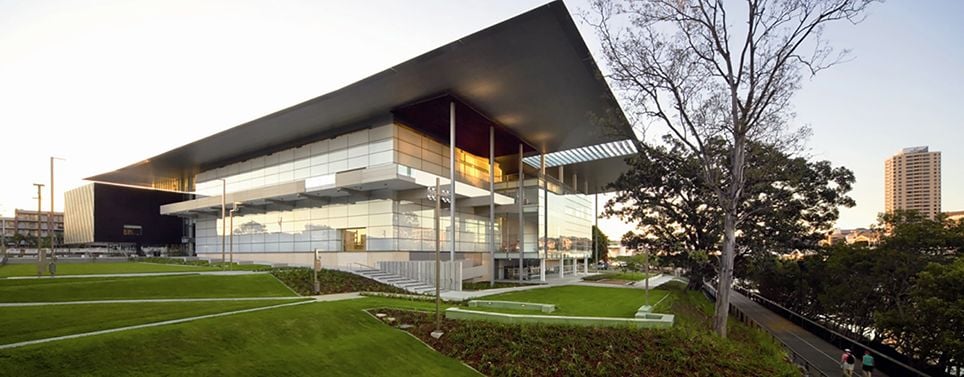
Top 10 Sporting Attractions in Brisbane
Brisbane also hosts world-class sporting events and teams. Here are 10 of our favourites:
- State of Origin at Suncorp Stadium
- Brisbane Broncos (NRL)
- Brisbane Lions (AFL)
- Brisbane Heat (BBL – Cricket)
- Magic Round NRL Weekend
- Brisbane International (Tennis)
- Redcliffe Dolphins (NRL)
- Queensland Reds (Super Rugby)
- Brisbane Bullets (NBL – Basketball)
- Riverstage Fun Runs & Marathons
Brisbane will be hosting major international events, including the 2027 Rugby World Cup and the 2032 Olympic Games.
Things to Do in Brisbane
There’s always something to see or do in Brisbane. Here are Brisbane’s top 10 must-visit spots:
- South Bank Parklands
- Gallery of Modern Art (GOMA)
- Brisbane Riverwalk
- Lone Pine Koala Sanctuary
- Mt Coot-tha Lookout
- City Botanic Gardens
- Eat Street Northshore
- Howard Smith Wharves
- Roma Street Parkland
- Day trips to Moreton Island or the Gold Coast
The Best Restaurants in Brisbane
Moving to Brisbane? Be prepare for a feast for the senses. The River City has transformed into a culinary playground where award-winning chefs are pushing boundaries and showcasing Queensland’s incredible produce.
From riverside fine dining to hidden laneway gems, here’s our round-up of the best restaurants in Brisbane that’ll have you planning your next meal before you’ve finished your first course. Find a great restaurant.
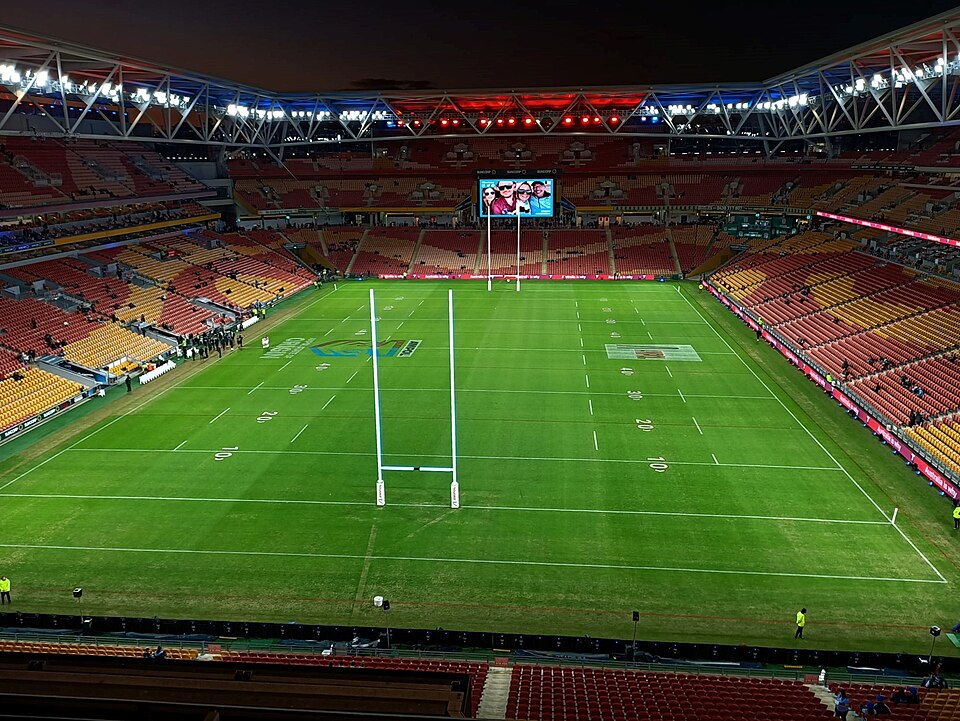
Finding a Reliable Brisbane Removalists
Aside from securing a rental property, one of the biggest relocation challenges is finding a reliable removalist.
There’s a lot to consider when organising a removalist. Should you use rail or road freight, a shared container or sole use container. And, what is the best type of transit insurance for your move.
At Australian Relocation Managers we can also help organise removalists for you. We’ve helped 1000’s of clients from across Australia and around the world successfully relocate to Brisbane, Sydney, Melbourne, Perth and Adelaide. We know the questions to ask, the potential issues that might arise and how to ensure your move goes smoothly.
If you’re moving to Brisbane, the Gold Coast or the Sunshine Coast, Brisk Removalists are a trusted option with a strong track record. They have also helped many of our clients relocate.
The Pros and Cons of Relocating to Brisbane?
Like any move, there are both pros and cons to consider. Here’s a quick overview to help you decide if Brisbane is the right fit for you.
Pros of Moving to Brisbane
- Great Climate: Brisbane enjoys a subtropical climate with warm weather most of the year, making it perfect for outdoor living.
- Lifestyle: The city offers a laid-back lifestyle with a strong focus on work-life balance, nature and community.
- Job Opportunities: With growth in sectors like healthcare, construction, education, and technology, Brisbane is attracting professionals from all over the world.
- Education: Brisbane is home to top universities, including the University of Queensland and QUT and a wide range of excellent schools.
- Nature & Beaches: Close to both the Sunshine Coast and Gold Coast, it’s ideal for weekend getaways and beach lovers.
Cons of Moving to Brisbane
- Humidity: Summers can be hot and humid, which some people may find uncomfortable.
- Public Transport: While improving, the public transport system isn’t as extensive as in Sydney or Melbourne.
- Job Market Competition: While there are opportunities, some industries may be smaller or more competitive.
- Pace of Life: Brisbane’s slower pace might feel too relaxed for those who thrive in the buzz of a bigger city.
- Brisbane is listed as being more expensive than Melbourne in terms of purchasing a home.
Overall, Brisbane offers a vibrant, affordable and sunny alternative to Australia’s southern capitals. This makes Brisbane an increasingly popular choice for families, professionals and retirees alike.
100% Success Rate at Securing Rentals in Brisbane
At Australian Relocation Managers, we understand that moving to a new city, especially from overseas, can feel overwhelming.
Finding the right rental, navigating unfamiliar suburbs, and competing with lots of other applicants can be stressful and exhausting. However, we have helped 1000’s of clients relocate to Australia.
Many of our team have relocated themselves, so we truly understand the emotional and practical challenges of picking up your life and moving across the world. We work closely with real estate agents every day and know how the rental platforms operate inside out. This experience allows us to make your application stand out from other people vying for the same property.
We also have an impressive 5-star Google rating. Click here to see what our clients have to say. Plus we’re also very proud to have a 100% success rate at securing rentals in Brisbane. We also help clients relocating to Brisbane too.
Thinking of relocating to Brisbane or the Gold Coast? Then contact Australian Relocation Mangers.
